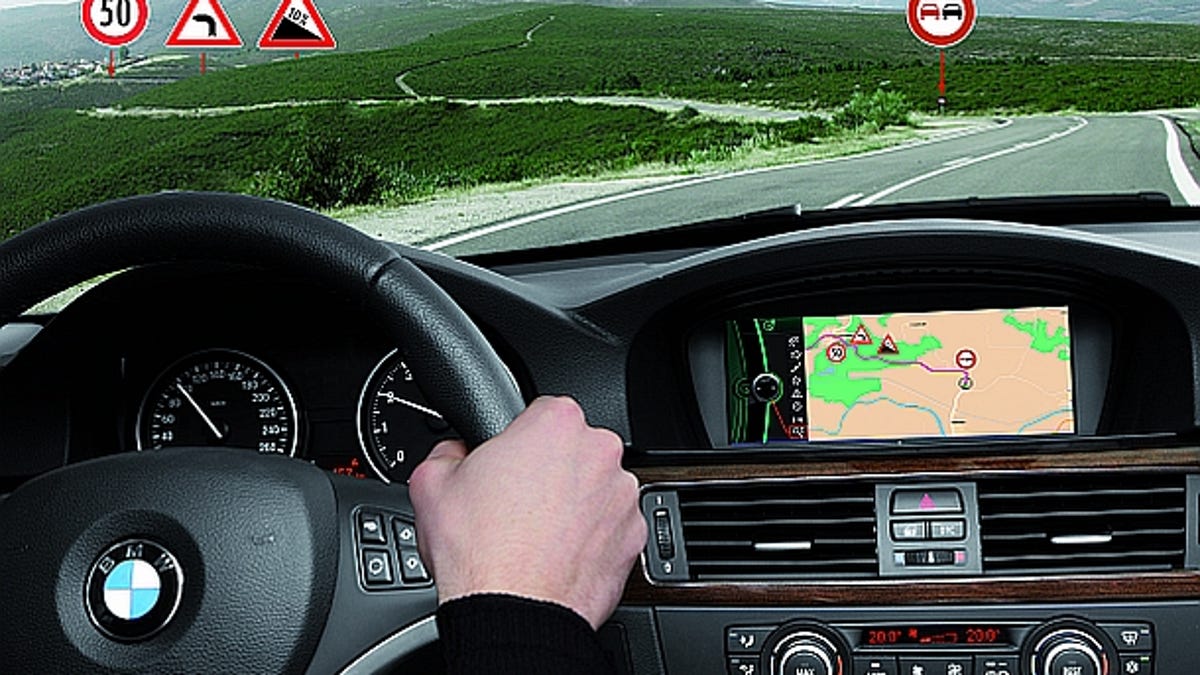BMW developing artificially intelligent navigation
BMW Group's Research and Technology arm is working to make navigation systems more useful by endowing them with artificial intelligence and teaching them basic learning skills.

When it's not guiding you to a chosen destination, your GPS navigation system is usually just sitting there showing you your current location. Even units that feature traffic data may show you information about congestion, but without a destination chosen even these units won't route you around traffic.
BMW Group's Research and Technology arm is working to make navigation systems more useful by endowing them with artificial intelligence and teaching them basic learning skills.
The idea is that these intelligent navigation systems will proactively warn drivers about potential traffic jams along their regular routes, or suggest alternate commutes that are more fuel efficient. All of this is done without the driver's input.
BMW is basically trying to teach the navigation system to learn driver's past routes as well as time of day and passenger information. By combining this historic data with current traffic data and information from other vehicle sensors, the intelligent navigation makes decisions about the driver's potential destination.
Project manager Andreas Winckler gives the following scenario: "If it's a Monday morning, my car decides that my workplace will be my likeliest destination. If my child is also onboard, the navigation system will plan for a detour past the school. Or if it's a Saturday morning, my personal route planner decides that I'm most likely to be heading to the sports center."
By integrating with the whole vehicle, the intelligent navigation creates potential benefits for other vehicle systems. For example, a hybrid's regenerative brakes could be notified of upcoming hills so the system can more efficiently charge the batteries, or the engine and transmission can be prepared for a freeway merge before you hit the offramp. What if such a system could know that you're on an epic driving road and automatically play Kenny Loggins' "Danger Zone"? Nice.
Robert Hein, head of Future Navigation and Data Services at BMW, has big plans for the system: "The magic word for the future is integration. The great advantage of innovations like the intelligent learning navigation system is that we don't need to weigh the vehicle down with additional heavy control units."
Does this mean we're getting rid of iDrive once and for all?

